Summer and winter are busy times for HVAC technicians because those seasons have the most noticeable periods of temperature change. For home owners and building managers to maximize heating and air conditioning savings, fall is the best time for HVAC technicians to get to work on residential and commercial buildings. Fall HVAC maintenance ensures that before dramatic rises and falls in temperature occur, a building’s climate control system is already prepared for the shifting environment.
HVAC System Check-up
HVAC technicians and contractors should check thermostat settings to ensure that they are programmed to keep the environment comfortable while people are in the building and saving energy when the building is not in use. All electrical connections should be tightened and all moving parts lubricated within the HVAC system. This ensures better efficiency and also gives technicians the opportunity to check the operation of the system. If there is a problem, it will be detected and repaired now instead of in the middle of winter. Technicians should inspect the condensate drain on central air conditioners, furnaces, and heat pumps to ensure there is no blockage, which may cause water damage to the house and increase indoor humidity.
Heating Maintenance
Professional technicians should check gas connections, gas pressure, burner combustion, and the heat exchanger. Dirty or damaged components within a heating system can cause it to operate less efficiently at best. More seriously, issues can also lead to fire hazards or contribute to health problems in the event of a leak, blockage, or buildup.
Read our full Winter Heating HVAC Checklist for Homeowners.
Air Conditioning Maintenance
Chances are that homeowners will not use their air conditioners during fall and winter, but post-summer maintenance will help get the system ready for the next year’s warmer weather seasons. Evaporator and condenser coils have to be cleaned, refrigerant levels should be checked, and the blower/airflow vents should be cleared of debris and dust.
Advantages of Fall HVAC Maintenance
HVAC units can be expensive, so they should be properly maintained by trained HVAC technicians. Regular maintenance at least once a year can extend the life of the unit while helping it run more efficiently and contributing to better indoor air quality. It also saves on the cost and inconvenience of emergency repairs in case the system suddenly fails.
An HVACR technician school can help students learn seasonal heating and air conditioning repair and maintenance. For more information about the hands-on vocational training available at schools that train HVACR technicians, contact an RSI Admissions Representative.
Additional HVAC Maintenance Checklists and Guides
- Winter HVAC Maintenance Checklist
- Spring HVAC Maintenance Checklist
- Summer HVAC Maintenance Checklist
Resources:
http://www.energystar.gov/index.cfm?c=heat_cool.pr_maintenance
This blog has been labeled as archived as it may no longer contain the most up-to-date data. For a list of all current blog posts, please visit our blog homepage at https://www.rsi.edu/blog/

